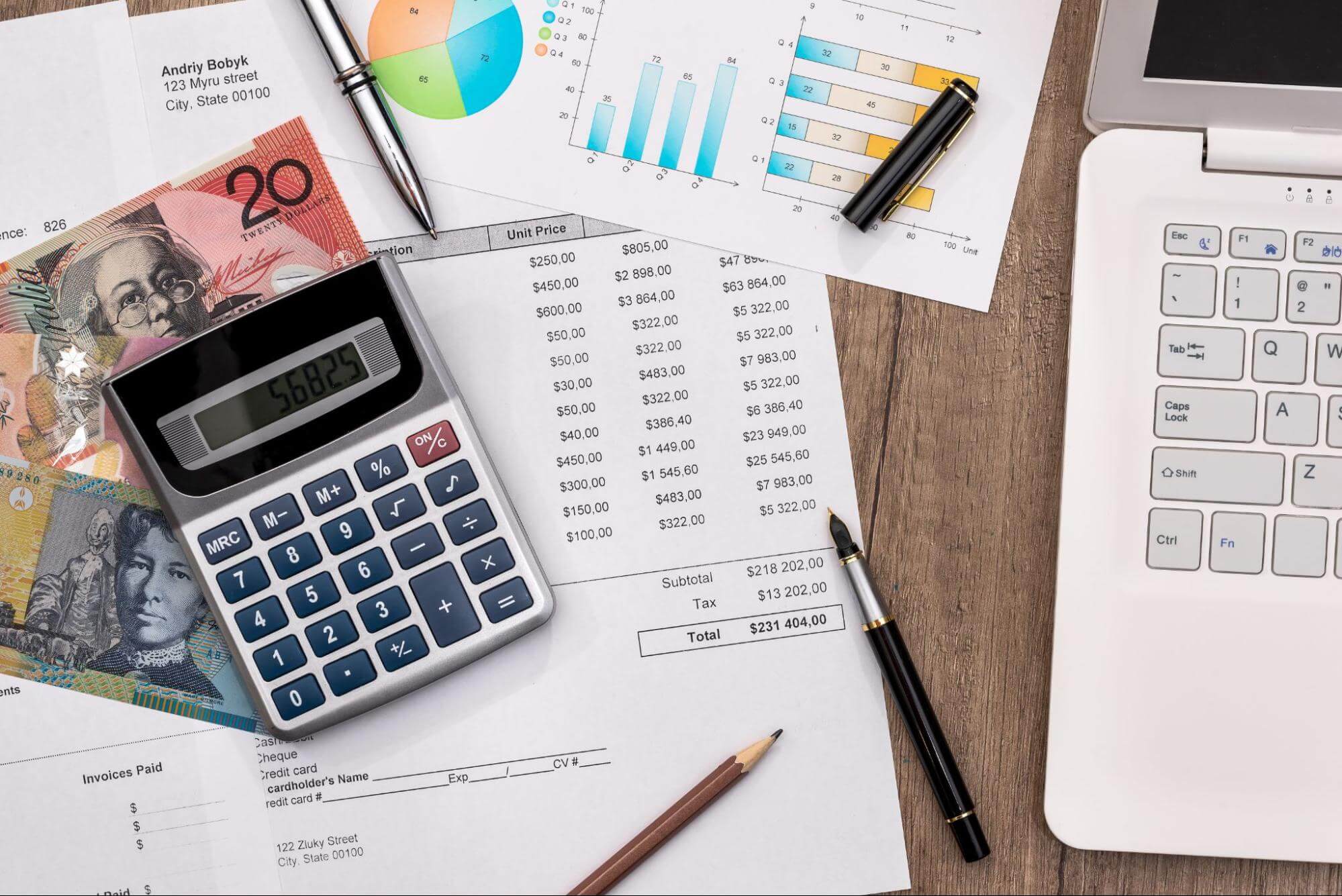Every July, the same question comes up: How much tax will I get back? If you’re running a business, especially as a sole trader or service provider, there’s a better question to ask:
Am I set up to avoid overpaying, underpaying or getting caught off guard by a tax bill?
Because here’s the reality. A refund isn’t always a win. It usually means you’ve paid more tax than necessary. And a bill isn’t necessarily bad either, unless you weren’t ready for it. The goal is clarity, not surprises.
What a Refund Actually Means
A refund happens when you’ve paid more tax than you owed across the financial year. Employees often receive refunds because their employer withheld more tax than required. Business owners and sole traders? Different story. You’re responsible for managing your own tax. If you didn’t make PAYG instalments or set anything aside, a refund probably isn’t coming your way.
This isn’t guesswork. It comes down to planning, numbers and structure.
How It’s Calculated
Here’s the simple version.
- Add up your total income
- Subtract eligible deductions
- Calculate tax owed on that taxable income
- Subtract what you’ve already paid in tax
That result is either a refund or a payable. You’ll also need to factor in things like HELP debt, Medicare levy, private health cover or investment income. These can shift the final amount.
Why Refunds Aren’t the Goal
Getting a refund can feel like a bonus. But in most cases, it means you’ve paid too much throughout the year. That’s money that could’ve stayed in your business. Covered expenses. Built a buffer. Supported growth. Instead, it sat with the ATO doing nothing for you. The real win isn’t the refund. It’s paying the right amount of tax at the right time with no surprises and no stress.
A Quick Example
Let’s say you’re a marketing consultant earning $100,000 in FY25. You didn’t register for PAYG instalments, but you claimed $20,000 in legitimate business deductions. That brings your taxable income to $80,000.
Your tax bill sits at around $17,000. But you haven’t paid anything throughout the year. No instalments. No voluntary contributions. So you’re left with the full amount to pay, and the ATO expects it soon after lodgement. Now imagine you’d planned ahead. You would have spread those payments out across the year, avoided the cash flow hit, and likely qualified for instalment options with minimal friction.
The outcome is the same. The experience is not.
What Can I Claim on Tax?
The quality of your deductions has a direct impact on your return. No two businesses are the same, but here are the most common claimable items for service-based business owners:
- Software and subscriptions
- Internet, phone and tech
- Business-related vehicle expenses
- Travel for work (not holidays)
- Office or studio equipment
- Marketing and advertising
- Super contributions (if self-employed)
- Professional services like accounting or legal advice
Here’s the catch. The expense needs to directly relate to your business income. No blurry lines. No guesswork. The ATO won’t go easy on claims that don’t stack up. Keep clean records and claim what you’re entitled to. Nothing more. Nothing less.
When Is Tax Return Due at the End of Financial Year 2025?
Lodging yourself? The deadline is:
31 October 2025
Using a registered tax agent like Propeller Advisory? You may be eligible for an extended deadline, but only if you’re on our books before the cut-off. Miss that window and the ATO can hit you with penalties and interest. That’s money out the door for no good reason.
Why Business Owners Get Caught Out
A lot of first-year business owners get surprised by their tax bill. It usually happens because no one explained how to plan for it.
The most common traps:
- No money set aside for tax
- No PAYG instalments
- Missed deductions due to poor record-keeping
- Assuming a refund is guaranteed
Tax debt doesn’t just cost money. It creates stress and stalls momentum. That’s why structure matters. You don’t need drama. You need a plan.
What Impacts Your Refund (Or Tax Bill)
Here’s what makes a real difference:
- How much tax you paid throughout the year
- How your income was structured
- The deductions you claimed
- Any offsets or liabilities like HELP or Medicare
- Whether your bookkeeping is clean or last-minute chaos
This is where a good accountant makes a big difference. Not just at tax time but throughout the year, asking the right questions and flagging what needs attention before it becomes a problem.
Three Tax Myths That Need to Go
1. “Everyone gets money back.”
Plenty of business owners don’t. Especially if they haven’t made regular tax payments.
2. “The more I claim, the better.”
Only if the claims are legitimate. Guessing is not a strategy.
3. “Lodging early means a bigger refund.”
Timing doesn’t change the outcome. Only your numbers do.
How to Set Yourself Up for a Better Result
If your tax return feels like a mystery every year, it doesn’t have to.
Here are three simple ways to take more control:
1. Set aside tax as you go
Don’t wait until June to look at your numbers. Put away a percentage of each invoice into a separate account. Treat it like non-negotiable overhead.
2. Track expenses in real time
Use software that syncs with your bank account. Capture receipts as you go. Good records mean better deductions and fewer headaches.
3. Talk to your accountant before tax time
Don’t treat your accountant like a last-minute form-filler. Use them as a strategic partner. A quick conversation in May can save thousands by July.
What a Good Advisor Should Actually Do
If your current setup only focuses on lodging your return, you’re missing out.
A good advisor should:
- Help you understand what you’ll owe (before it’s due)
- Suggest legal ways to minimise tax
- Identify red flags in your record-keeping
- Keep you compliant without overcomplicating things
- Help you plan for next year, not just patch things up from the last one
You won’t get buzzwords or generic advice from us. Just straight answers, smart strategy and support that actually helps you move forward.
Want Clarity on Your 2025 Tax Return?
If you’re going into tax season, unsure of what to expect, now’s the time to fix that.
We work with service-based business owners across Australia to take control of tax. That means no scrambling, no stress and no surprises from the ATO. Just a clearer view of what’s coming and how to handle it.
Book a tax return check-in today and take the guesswork out of 2025.


